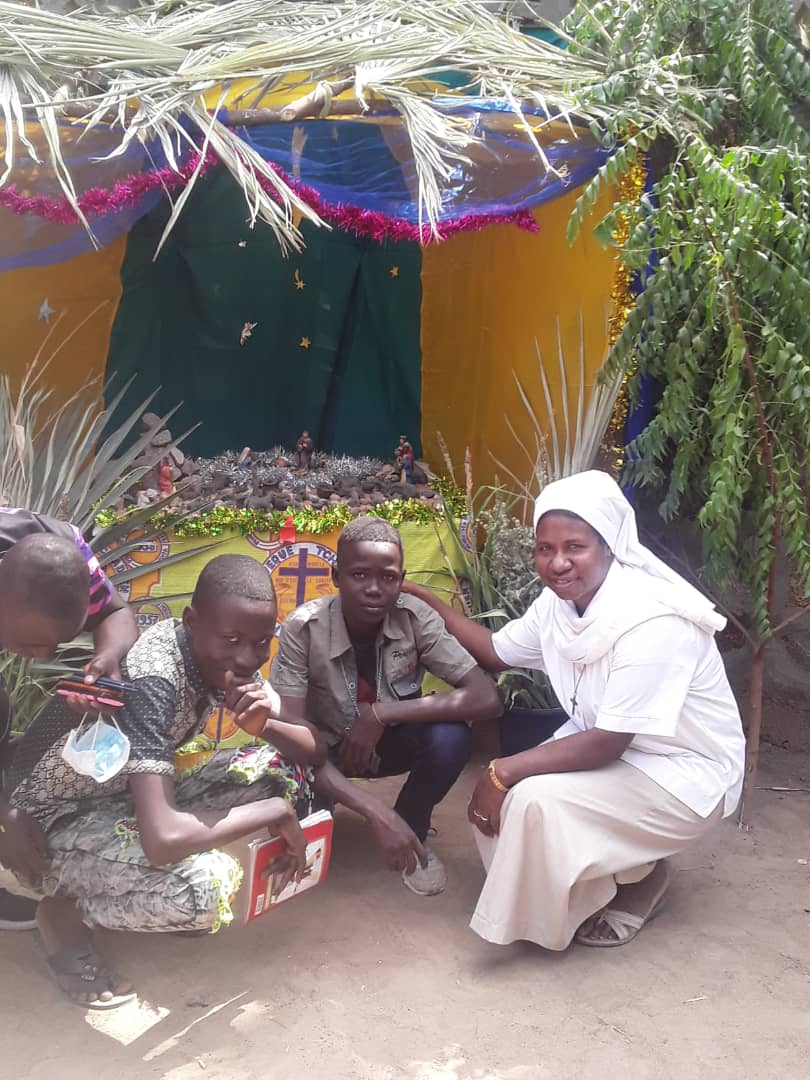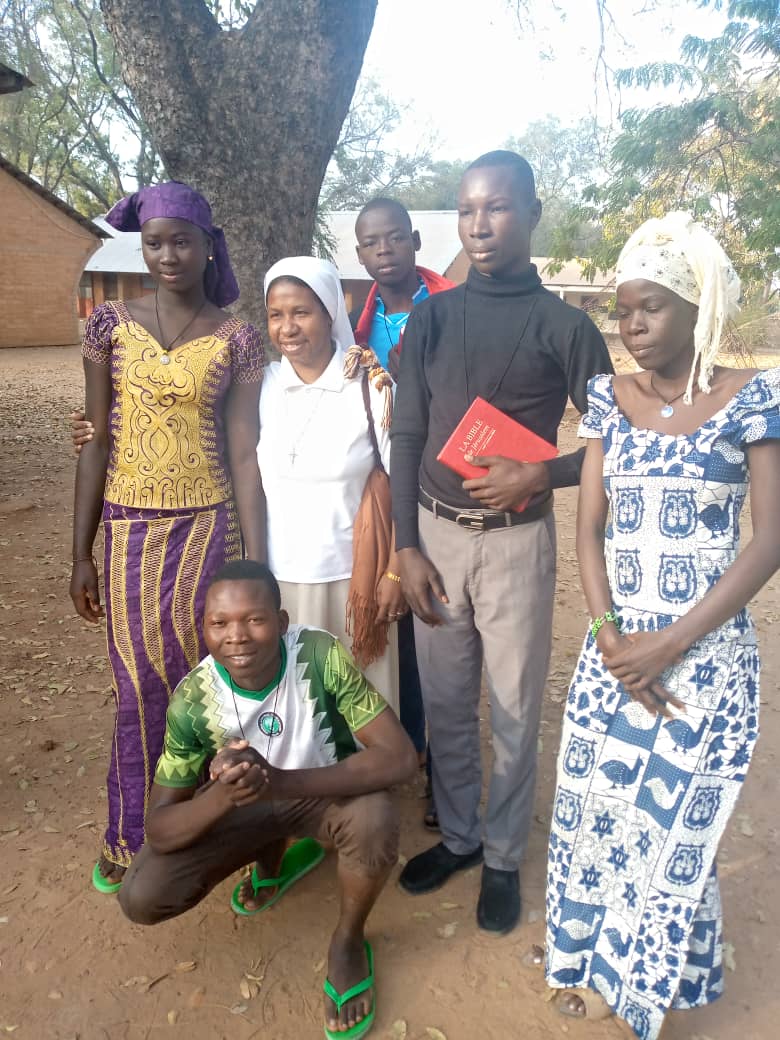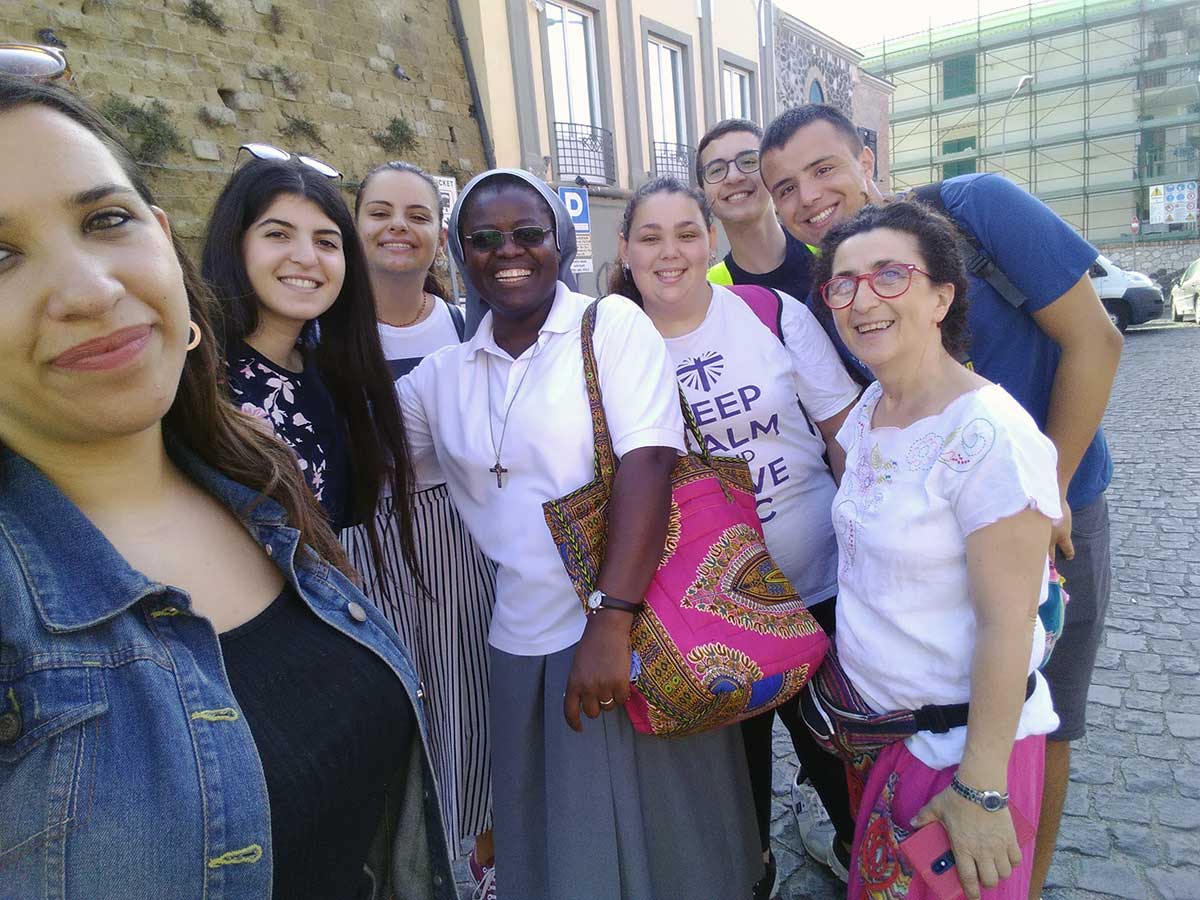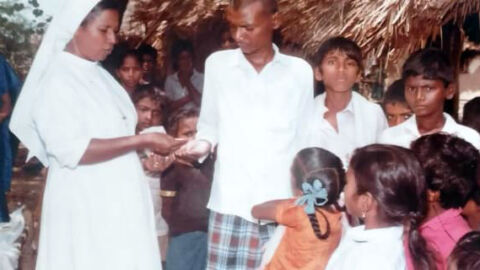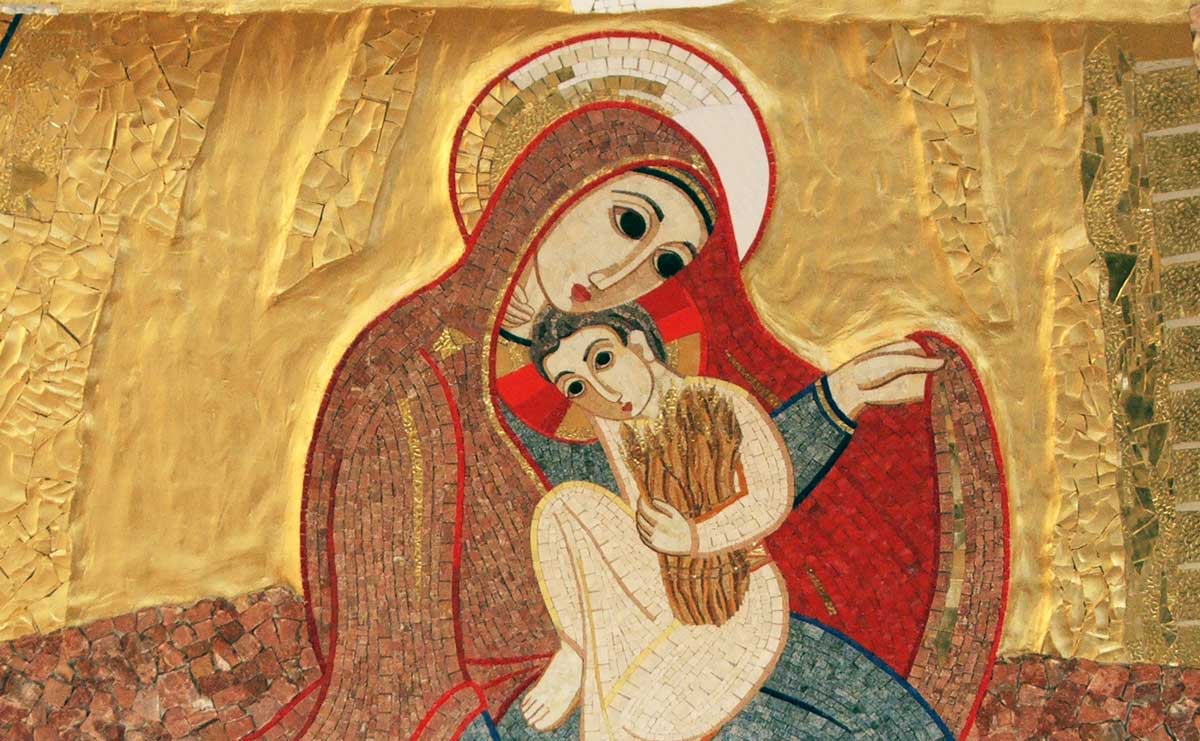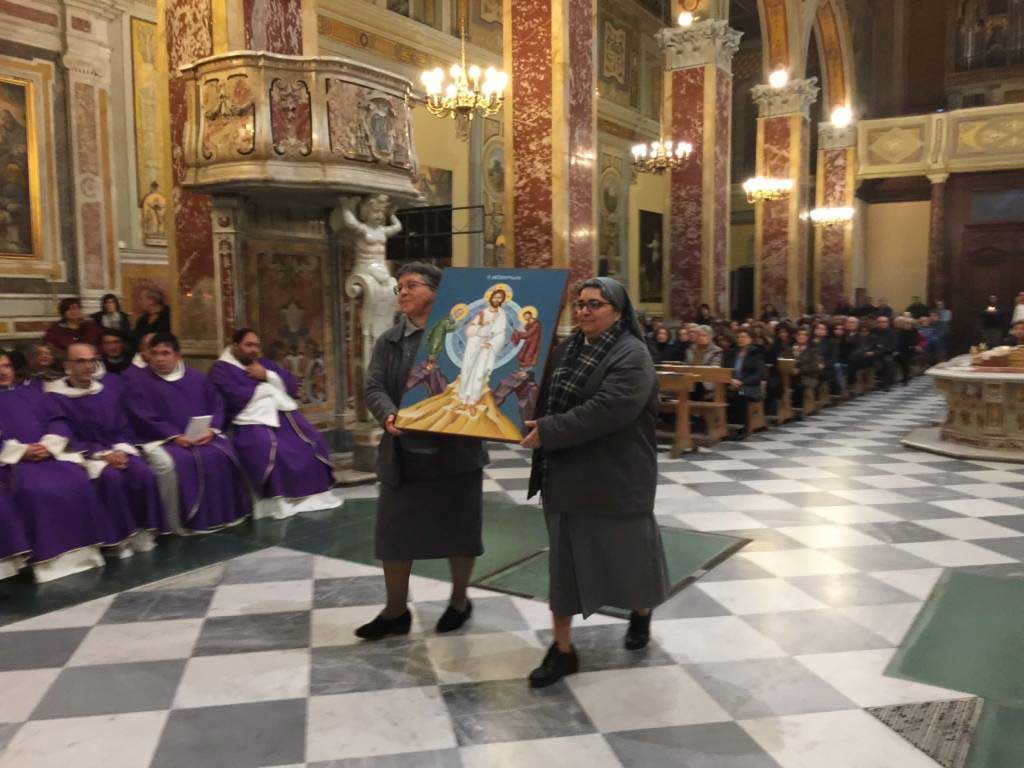It’s not rare that we experience cultural shock when we step into a new cultural milieu. Cultural shock is the feeling of anxiety that we experience after we move into an entirely new environment. To me cultural shock surfaced within a few days of my arrival to Chad. I could experience the difficulty in assimilating the new culture and its gestures without knowing what was appropriate and what was not.
I could not grasp why during the Eucharistic celebration certain positions like sitting, standing or kneeling are completely different in Chad. For instance, The Gospel is the Word of God and to hear it, is a great honour, so we ascend (stand) from our base (sitting) position of worship. This is customary world-wide. While in Chad when the Gospel is proclaimed, everyone remains to the base (sitting) position of worship, except the priest or the one appointed to announce it.
Although it did not create a dislike or disgust in me, yet it was a cultural-shock to me to see that the usual custom was practised in a different way. Taking efforts and finding for myself its significance, I came to know the meaning behind this gesture. In their culture, when a chief or elderly person delivers a talk or conveys a message, people sit and listen, a pure sign of respect and reverence. “Not wrong in any way! This too makes sense!” was my quick response to self. Instantly, I decided to be mindful of what was happening and with openness to go through the changes together with prayer adding a pinch of humour that could help me to deal with my future cultural shock.
Culture as we know is a system that makes an individual to feel at ease, safe and secure. In other words, it creates a comfort zone. The moment the individual gets out of it, it generates uneasiness. But in the life of a missionary the personal identity escalates the cultural differences. It creates a space to learn from other cultures and to integrate it with one’s native culture. As a missionary, I experience greater meaning of my vocation and mission because I realise that I belong to Gods family, which makes it vivid that I belong to everyone’s cultural identity.
Dying and rising, demolishing and building, generates the way to life. This gives sense and creates meaning to our inter-cultural living. In a religious community we are bound together due to our call to follow the Lord and our specific Charism “living passion to proclaim God’s Kingdom to all peoples”, takes us to different parts of the world. This demands the integration of two cultures (native culture and host culture) at deeper level. As of now, the host culture (Chad) occupies priority in my life compared to the native culture (PNG).
Coming to the community living, we hail from different nationalities and this itself creates opportunities for us to appreciate and to get to know the culture of other members, which in turn enriches my own culture. In Chad, in our zone we are all expatriate missionaries: Italian, Brazilian, Indian, Bangladeshi, Senegal and Papua New Guinean. This mixer opens a door for harmonious living of the missionaries irrespective of their nationalities.
It is a challenging mission, but it makes me to learn many things specially to grow more in the spirit of sacrifice, adaptation, acceptance, detachment, patience and to nurture the spirit of listening. I feel listening is very important because it helps me to listen to others and also to myself. Besides, it directs me to appreciate the goodness and cultural values of the people. At this juncture the words of Mother Giuseppina Dones, become alive to me, “We are missionaries and as such we must be ready for everything.”
I also cherish the beautiful prayer of Blessed John Mazzucconi, that I pronounced on the day of my Final Profession cum Missionary Mandate. Furthermore, the homily of the day by my Bishop still echo in me, “You are sent to the mission of Cameroon but remember that you are not alone, we are all with you in and through our prayers.” He added further, “You are not going as an individual but you represent your family, your people, your diocese and the church of PNG.” This is the same sentiment that Blessed Paolo Manna expressed in his address to the parting missionaries in 1926, “Think beloved, you do not go according to your will: you go as being sent by the Church, you go as being sent by Christ, you go, but it is not you but Jesus Christ who goes with you.”
I am happy to be in this mission and I thank God for the gift of my missionary vocation that is precious to me, if not I would not be here. I entrust to the Lord our mission in Chad and all the people whom God has entrusted to us and I pray the Lord of the harvest to send many more labourers into his harvest for the extension of His Kingdom.
Sr. Irene Kuam
Chad

